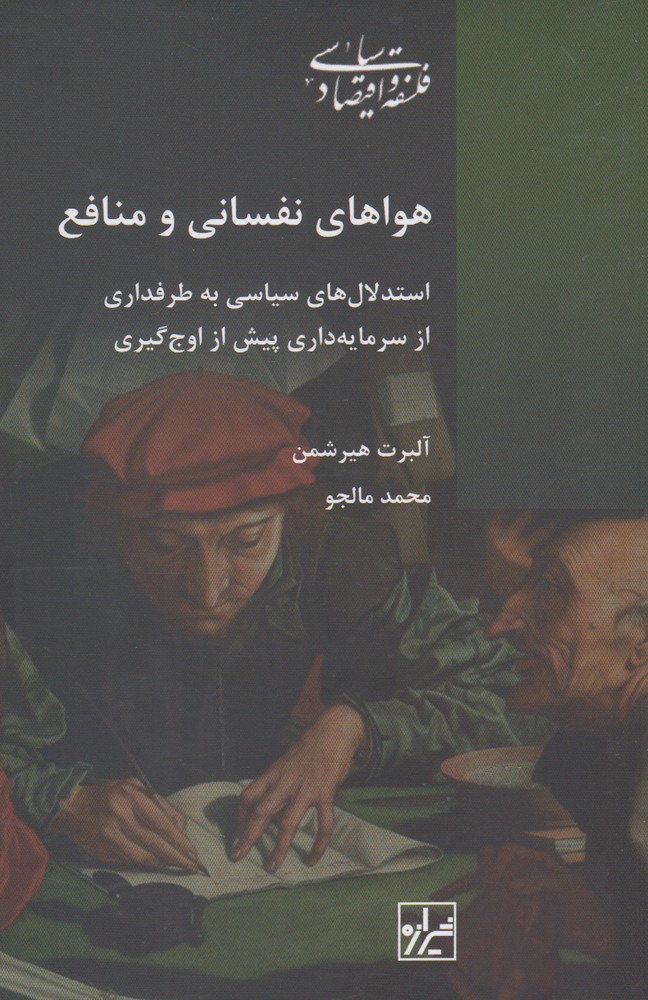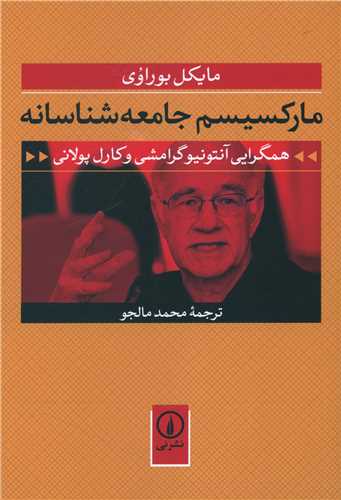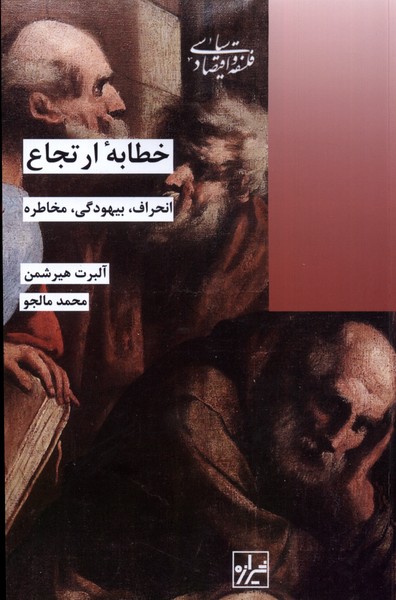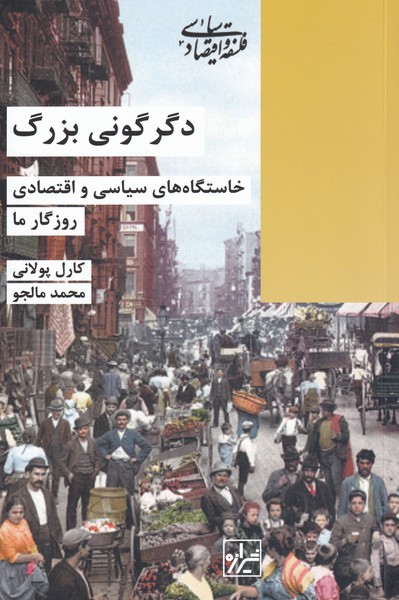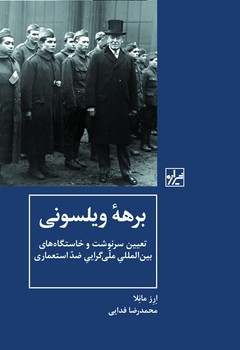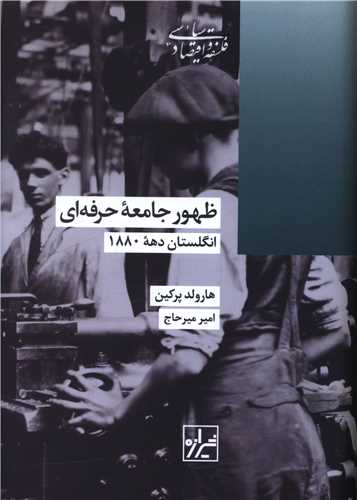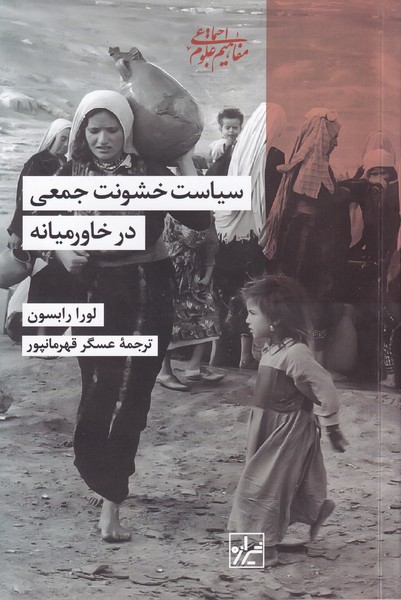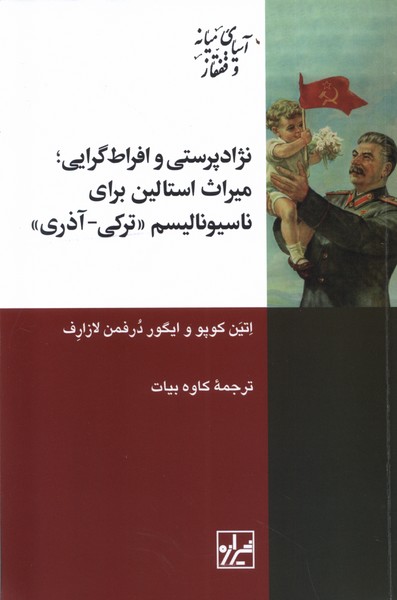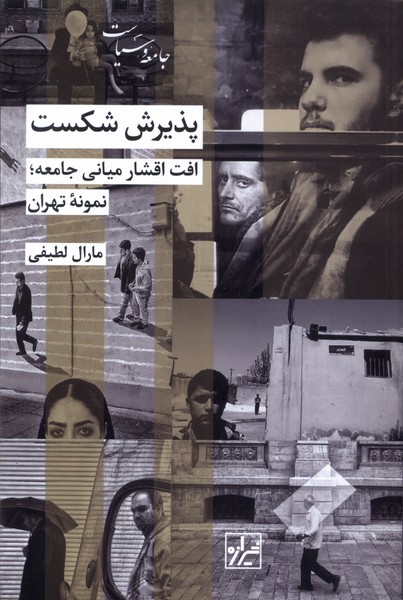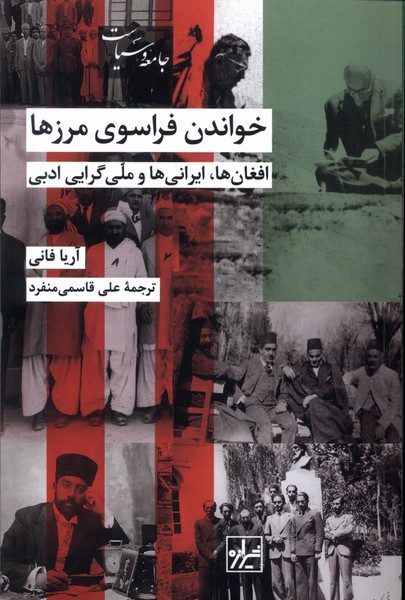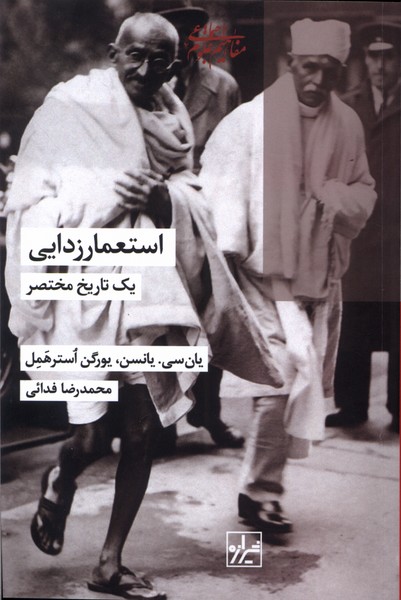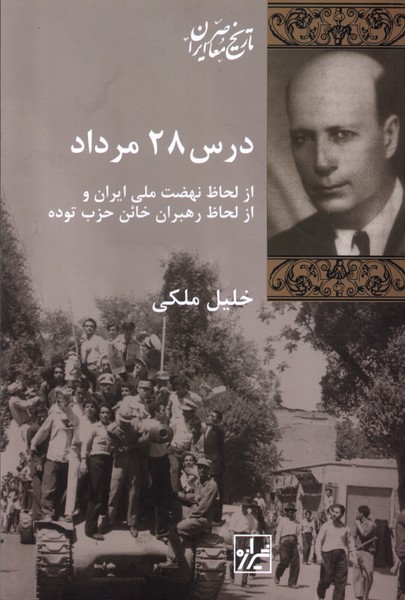Hava'hā-yi nafsānī va manāfi': Persian 1401
هواهای نفسانی و منافع
17.71 €
Share
Wishlist
Original Title:
The Passions and the Interests: Political Arguments for Capitalism Before Its Triumph
ISBN:
9789646578705
Translator:
Muḥammad māljū
Publisher:
Shirazih
Age Group:
Adult
Pages:
166
Weight:
204 g
Dimensions:
14 x 21 x 1.5 cm
Book Cover:
Paperback
In The Passions and the Interests, Albert Hirschman reconstructs the intellectual climate of the 17th and 18th centuries to illuminate the complex ideological transformation that took place, in which the pursuit of material gain—long condemned as the deadly sin of avarice—was taking place. - Determined the role of restraining rebellious and destructive human emotions. Hirschman here offers a new interpretation of the rise of capitalism, one that emphasizes the continuity between the old and the new, as opposed to the assumption of sharp discontinuity that is a common feature of Marxian and Weberian thought. Among the insights offered here is the ironic finding that capitalism was originally intended to do precisely what was soon condemned as its worst feature: the suppression of emotion in favor of "harmless," albeit one-dimensional, benefits of business life. Hirschman draws on the writings of a wide range of thinkers, including Montesquieu, Sir James Stewart, and Adam Smith, to portray this long ideological shift as an endogenous process.
With a new afterword by Jeremy Edelman and a foreword by Amartya Sen, this classic Princeton edition sheds light on the complex ideological evolution from which capitalism emerged victorious, confirming Hirschman's place as one of our most influential and provocative thinkers.
more
در کتاب «هواهای نفسانی و منافع» آلبرت هیرشمن فضای فکری قرن هفدهم و هجدهم را بازسازی می کند تا تحول پیچیده ایدئولوژیک رخ داده را روشن کند، که در آن به دنبال منافع مادی - که تا مدت ها به عنوان گناه مرگبار بخل محکوم می شد - نقش مهارکننده احساسات سرکش و ویرانگر انسان را تعیین کرد. هیرشمن در اینجا تفسیر جدیدی برای ظهور سرمایهداری ارائه میکند، تفسیری که بر تداوم بین قدیم و جدید تأکید میکند، برخلاف فرض گسست شدید که ویژگی مشترک تفکر مارکسی و وبری است. از جمله بینشهایی که در اینجا ارائه میشود، این یافته طعنهآمیز است که سرمایهداری در ابتدا قرار بود دقیقا چیزی را که به زودی به عنوان بدترین ویژگی آن محکوم شد، انجام دهد: سرکوب احساسات به نفع «بی ضرر»، اگر چه یک بعدی، منافع زندگی تجاری. هیرشمن برای به تصویر کشیدن این تغییر ایدئولوژیک طولانی به عنوان یک فرآیند درونزا، از نوشته های تعداد زیادی از متفکران، از جمله مونتسکیو، سر جیمز استوارت و آدام اسمیت استفاده می کند.
این نسخه کلاسیک پرینستون با پسگفتار جدیدی از جرمی ادلمن و پیشگفتاری از آمارتیا سن، تحول ایدئولوژیکی پیچیدهای را که سرمایهداری از آن پیروز بیرون آمد، روشن میکند و جایگاه هیرشمن را به عنوان یکی از تأثیرگذارترین و تحریککنندهترین متفکران ما تأیید میکند.
more

